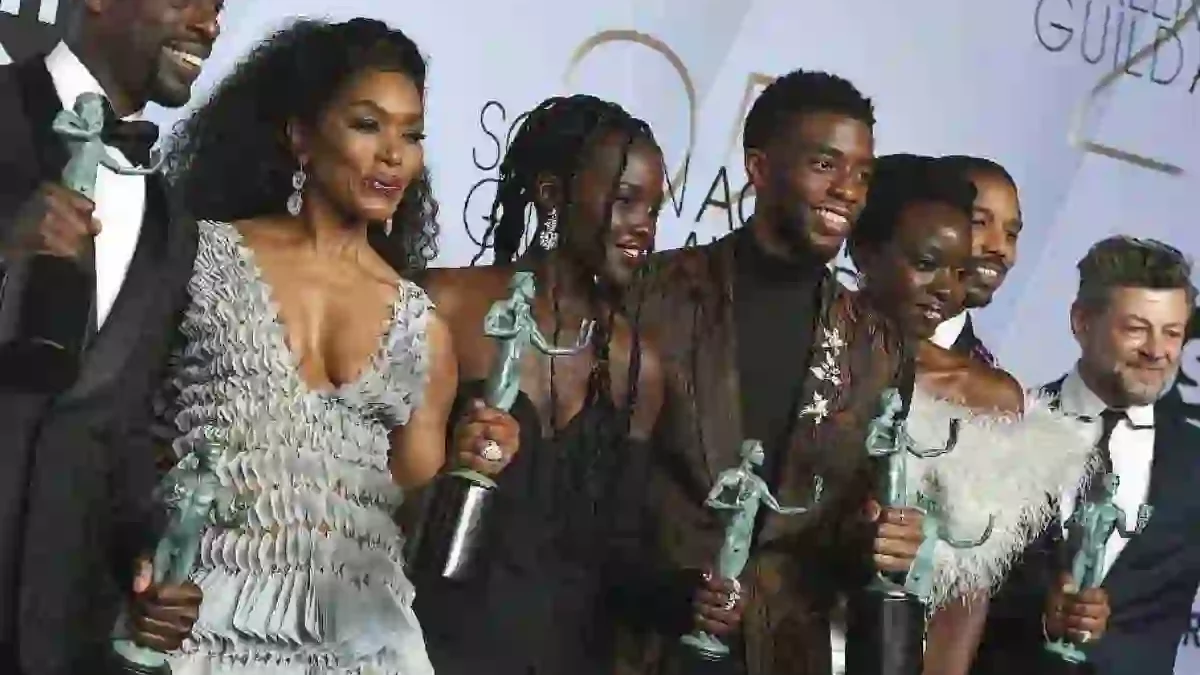I followed the front pages of newspapers for several weeks and found that weekly in 5 of the seven editions, the leading news had to do with sports or entertainment. Is this fixation standard in the show?
Table of Contents
Answer:
For a long time, journalistic information view and produced as entertainment. It was about filling the empty time that the leisure culture has multiplied. Along with this phenomenon, the overstimulation of the senses of the emotional domain grew, to the detriment of the stimulation of thought, a trend that intensifies with digital culture.
Parallel to the above, in journalism, the business objective has prevailed over the social aim of the profession.
These two factors added, and the result is the conversion of newspapers into sales catalogues and entertainment publications. You can find everything about soccer players and successful athletes, and everything about actors and actresses. With a clear priority for entertainment information sales associates.
This last word is the central part of this query collecting. If we believe the first pages mentioned in the consultation, sports information would be more important than the crisis of the parties, or the assassination of social leaders, or the growth of crime, or the qualitative progress of education, or the vigour of the economy.
It is about giving their place to topics based on the public good instead of creating the misconception that sports and entertainment are news priorities because they are the news that sells.
Documentation
The movement for the public’s right to know has an ethical dimension. It has encouraged journalists to see themselves as representatives of the people. Many have experienced a special responsibility in covering some important public meetings. In this situation, the reporter makes a special effort to report on actions that may affect those absent citizens, not to sell more newspapers or gain tune, but out of a sense of obligation. That same sense of representation of the public has stimulated journalists when they try to shed light on the less apparent business activities or areas of the private sector in which the public is interested.
Most journalists consider the press to be of public utility because it has responsibilities to the public it serves. However, the slogan is used less and less by those who consider themselves spokespersons for their country. The bulk of the public seems to have taken over the saying, and they handle it as if being informed of what they want to know were a natural and constitutional right.
By putting that slogan in their favour, some journalists invoke it to justify misconduct: lying or stealing to get a story is warranted, according to them, by the public’s right to know.
Journalists have to decide daily what people have a right to know. A visit to a newsroom at the end of the workday shows how much news gets left unused; apparently, it is all material that the public has a right to know. The truth is that what the public has a right to know regulated by the subjective judgments of editors and directors. Who are the ones who determine how much space and time is available for news. Such an imperfect system can hardly justify unethical or illegal conduct by any thinking journalist.
Entertainment Journalism
Description
Inform clearly and punctually about a specific situation, politics, sports, culture, etc.
Unlike other genres, entertainment journalism may be easier for the consumer to “digest.”
However, it makes access to information more pleasant and makes the public learn about multiple topics in less time.
Pink journalism not only focuses on print media but also audiovisual media such as the current television slots such as “el lavadero”, “la red”, etc.
Entertainment Journalism has internalise in today’s society as a necessity.
We dedicate ourselves to reporting on the life of celebrities and entertainment.
He was aware of marriages, fights, divorces, pregnancies, births, obituaries, burials, successes, failures, parties, vacations, house purchases, operations, illnesses, events and other social events of the upper layers of society. And the lower classes—celebrities in fields such as sports, finances, politics or entertainment.
Can Entertainment Journalism have ethics?
Is there ethics in entertainment journalism? Is it possible to do good entertainment journalism under journalistic ethics guidelines?
Answer: On any subject, journalism can be of excellence and, therefore, ethical. The question, therefore, is: how can entertainment journalism be excellent? And also, This journalism has its characteristics: It must be the journalism of service to the reader. And not commercial journalism or notes promoting shows, singers, or actors or actresses. Excellence finds on the side of service to the reader. It must be journalism that dignifies the reader; And also, that is, that it serves and stimulates their intelligence and not their curiosity or morbidity. However, these two principles raise the need for journalism that provides readers with elements for criticism with which they can determine why a show. An actor, an argument, a concert is good or bad.

